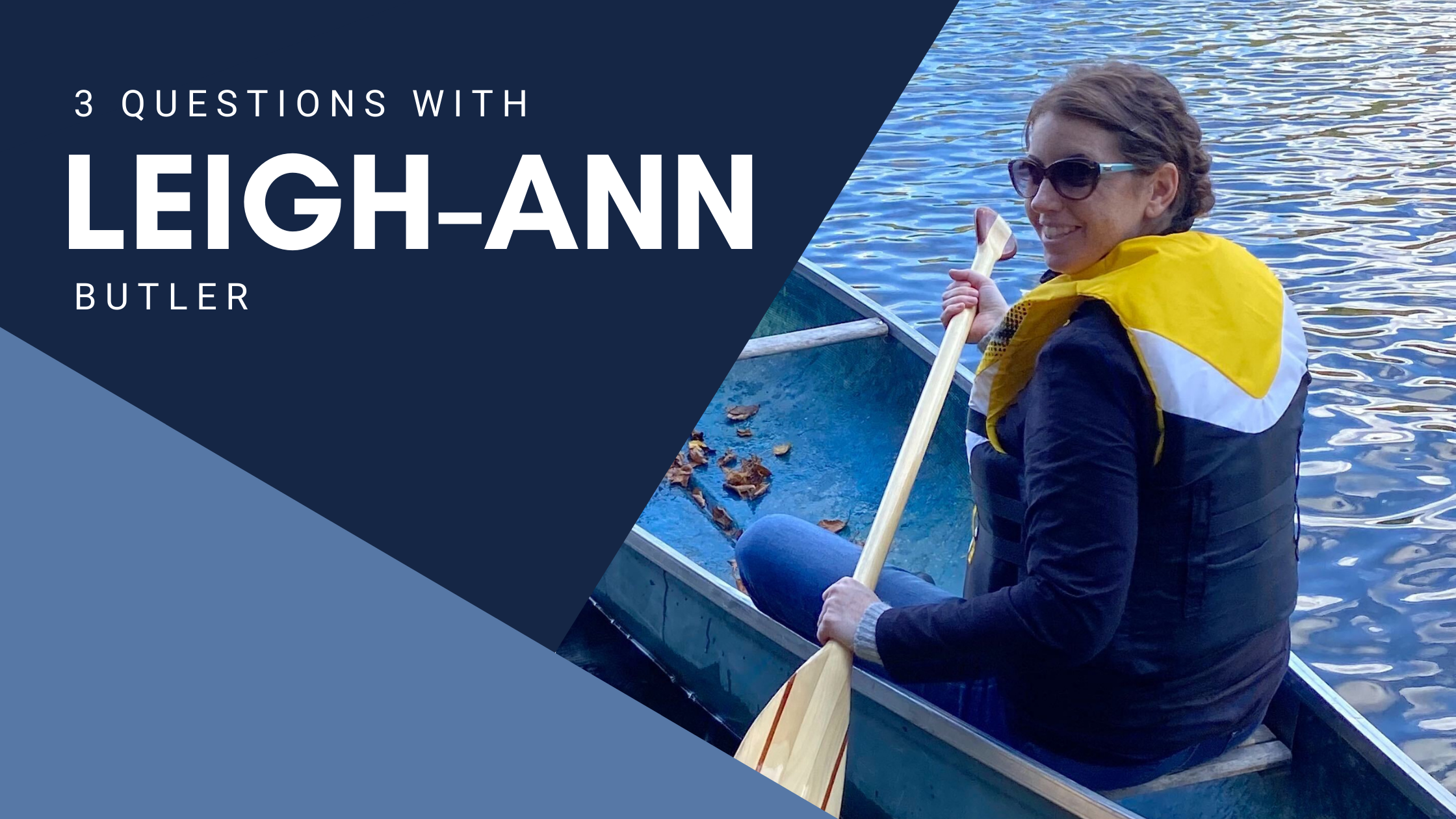
In our digital era, scientists are certainly sharing and reusing open data. Yet it remains unclear how widespread data reuse and citation practices are within academic disciplines, and why scientists cite—or do not cite—data in their research work.

In our digital era, scientists are certainly sharing and reusing open data. Yet it remains unclear how widespread data reuse and citation practices are within academic disciplines, and why scientists cite—or do not cite—data in their research work.

Our lab is growing! In our Three Questions series, we’re profiling each of our members and the amazing work they’re doing. This week’s post highlights Marc-André Simard, a doctoral student in Information Science at the University of Montreal and member of the ScholCommLab. In this post, he shares his thoughts on work in the lab, the global use of open access literature, and stepping out of his comfort zones.

This September, the 26th International Conference on Science, Technology and Innovation Indicators (STI 2022) was held in Granada, Spain and the ScholCommLab left its mark at the first in-person edition of the conference since the COVID-19 pandemic.

From data sharing mandates to clinical trial registration, Open Science (OS) policies for biomedical research are in no short supply. But ensuring those policies become real-world practices can be a challenge—particularly when there’s no simple way to measure success.

Keynote presented by Juan Pablo Alperin at the 13th annual EBSI-SIS Information Science Symposium on April 28, 2021. Thank you very much for this invitation. Before I begin, let me begin by acknowledging that I am speaking to you from the traditional unceded territories of the Coast Salish people, including the xʷməθkʷəy̓əm (Musqueam), Skwxwú7mesh (Squamish), and səl̓ilwətaɁɬ təməxʷ (Tsleil-Waututh) Nations.

Our lab is growing! In our Three Questions series, we’re profiling each of our members and the amazing work they’re doing. This week’s post features Lisa Matthias, a PhD candidate at the Graduate School of North American Studies at Freie Universität Berlin. After joining the lab in Spring 2019 to lead a project on opioid science in the news, Lisa stayed on to become the ScholCommLab’s official “perennial” visiting scholar.

In this blog post, Andrea Whiteley summarizes key findings and recommendations from her research with more than 100 participating Community Scholars.

Our lab is growing! In our Three Questions series, we’re profiling each of our members and the amazing work they’re doing. Today, we’re highlighting Leigh-Ann Butler, a master’s student at the University of Ottawa’s School of Information Studies, a Policy Analyst at the Natural Sciences and Engineering Research Council (NSERC), and a research assistant at the ScholCommLab.

Our lab is growing! In our Three Questions series, we’re profiling each of our members and the amazing work they’re doing. Today, we’re highlighting Isabella Peters, a new research associate at the ScholCommLab and a professor of Web Science at the ZBW Leibniz Information Centre for Economics and CAU Kiel University.

Our lab is growing! In our Three Questions series, we’re profiling each of our members and the amazing work they’re doing—starting with DeDe Dawson. An Associate Librarian at the University of Saskatchewan, DeDe is a visiting scholar with the lab who is passionate about scholarly communication, open access, and advocating for a transition to more equitable and sustainable journal publishing models.